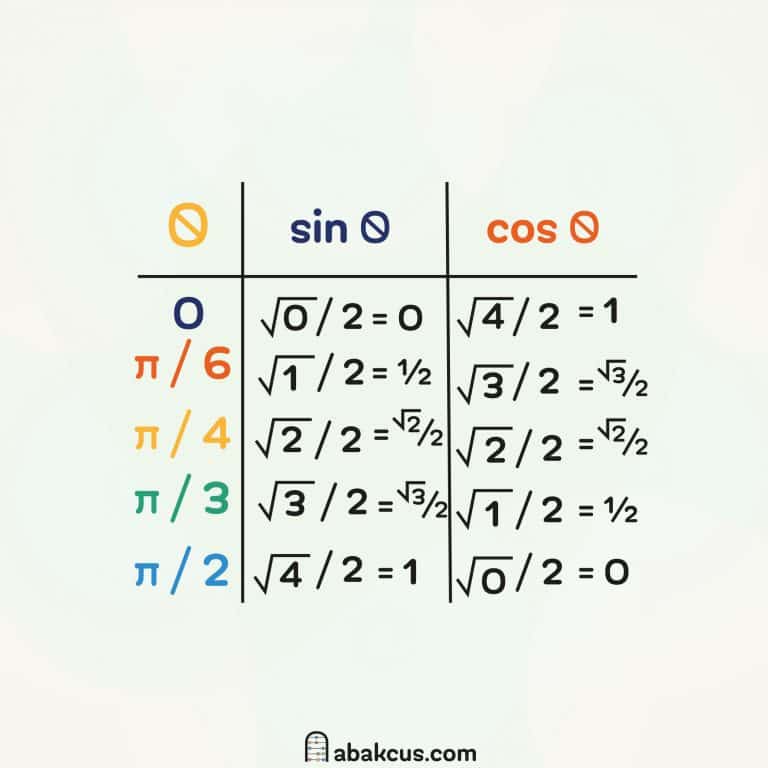Math puzzles and riddles have been shown in numerous studies to be an excellent way to engage any student in a topic: not only does this force a student to be an “active” rather than a “passive” listener. However, working with math riddles can also improve the overall effectiveness of the learning environment. These problems require various skills and give new meaning to abstract concepts.
Educators continuously look for new techniques to keep pupils interested and engaged during lessons. Math riddles are a great way to do this!
A math riddle is a “question or remark purposefully phrased to require creativity in determining its answer or meaning.” Math riddles can aid students in comprehending complex ideas since they are usually phrased in a way relevant to real-life situations. Furthermore, to solve problems, students must focus on – and enhance – their critical-thinking abilities.
Why are math riddles so popular?
It may seem self-evident, but there’s a simple reason why children respond well to math riddles: they’ve heard them before, in other contexts, and are thus familiar with the notion. Learning becomes more enjoyable when you are familiar with the material. Math riddles are also short, making them suitable for younger students. Finally, math puzzles are entertaining! If students enjoy debating the subject, they are considerably more likely to focus and remain motivated.
Here are some of the most important advantages of employing math riddles in education:
Math riddles get a better awareness of metalinguistics (i.e., the capacity to reflect on the nature of language).
What makes a riddle memorable and funny in general? It’s often the capacity to manage words, including numerous meanings, metaphors, perspective shifts, and ambiguities. Math riddles, for example, rely heavily on homophones. The famous riddle ‘what is black, white, and red all over’ can only be solved by recognizing the homophone implied by ‘red,’ which alters the riddle to ‘black, white, and read all over .’ answer becomes apparent. It’s a newspaper, after all!
Students’ metalinguistic awareness will be enhanced by seeking hidden meanings and interpreting a text while becoming familiar with linguistic devices such as homophones. As soon as a pupil understands the notion of homophones, assign them the responsibility of creating their riddle. Give them a list of homophones and ask them to use their imagination to come up with new ones. Riddles are an excellent practice for learners of all ages since they can be intricate or simple, depending on the abilities of the student in question.
There are five good reasons to employ math riddles in the classroom.
Math riddles help you improve your numerical and analytical skills.
Even though a puzzle appears absurd or odd, it can still be challenging; framing a mathematical subject as a riddle forces students to use critical and analytical thinking in novel ways, which improves their overall comprehension.
Don’t be deceived into thinking that mathematical riddles are always straightforward; in recent years, a math riddle used to instruct Year 2 students made headlines because it left even adults scratching their heads! Are you able to solve it?
‘Some people were on a train.’ At the first station, 19 individuals get off the train, and 17 persons board the train. The train now has 63 passengers. To begin with, how many individuals were on the train?’ (The correct response is 65.)
You can also visit one of our beautiful directories, 48 Fun and Challenging Math Riddles That Sharpen Your Logic and Math Skills and find so many math riddles.
Math riddles help you enhance your concentration and comprehension.
The ability to decipher text is not the same as mere literacy. Reading between the lines, thinking about context, and comprehending layers of meaning is a crucial talent, and riddles assist students in developing this ability. The feature of problem-solving can also help a student’s concentration.
Math riddles increase your vocabulary.
Math riddles may teach youngsters a variety of new and odd vocabulary, from homophones to metaphors, and, best of all, riddles are highly remembered. The usage of riddles regularly might help a student’s vocabulary grow naturally.
Math riddles help students and teachers form strong bonds.
Sharing and solving riddles together is a terrific bonding experience: it’s both engaging and enjoyable. The act of ‘thinking outside the box can help children step beyond their comfort zones. Incorporating riddles into a class is a great way to break the ice and lay the groundwork for a long-term learning relationship.







